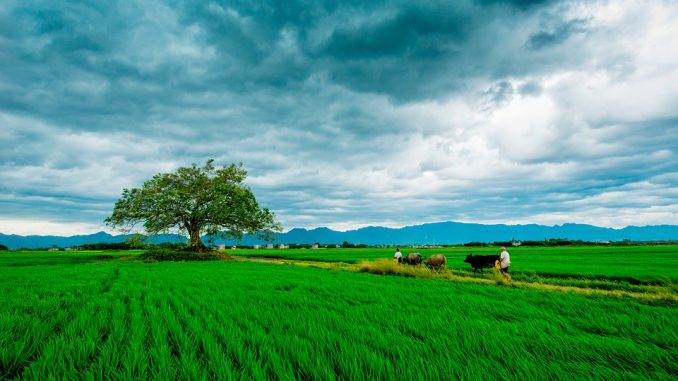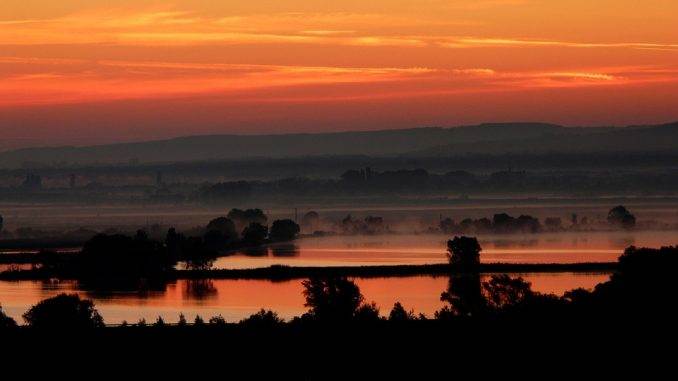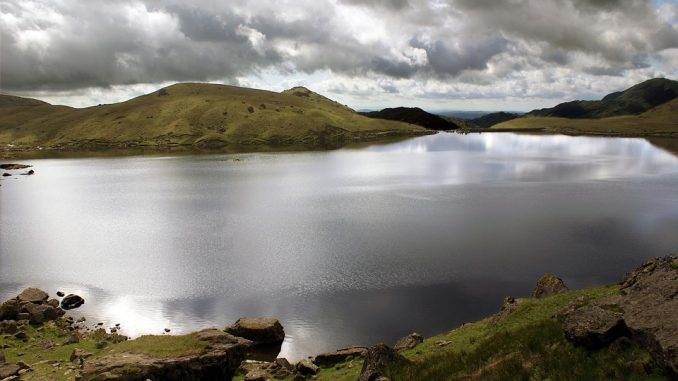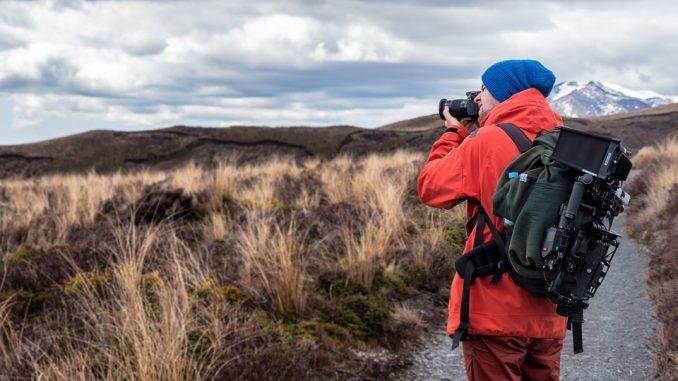When you finally head out into the world to capture your amazing landscape photos, you’ll be doing yourself an immense favor if you take along a few tips with you in your arsenal of photographic know how. So we want to provide you with some landscape photography tips for beginners.
Shooting landscapes isn’t overly complicated and can often be one of the most rewarding photo shoots that you can do….but taking heed of a few small steps can turn your work into stuff that people will want to pay good money for.
Landscape photography tips For Beginners – The Best Hours
For starters, you always want to keep the hours of the day that you capture your landscape images in the front of your mind. If you can, try to plan your shoots around dawn and dusk.
These times are referred to as the golden hours for very good reason. Once the sky ignites in shades of red and purple and the sun hits your subjects straight on, the universe is doing all of the hard work for you.
With your foreground slightly brighter than your background and cascades of light falling from the sky, you are going to get optimal images that will captivate and awe your audience.
Change Your Position
When you’re working out your framing, don’t be afraid to change your position. Make sure that you take every shot from as many different angles as you possibly can. Slight changes can greatly impact the power of your shots. Also, don’t be afraid to get dirty. Take every shot while standing, kneeling, and even lying on the ground.
You’ll find that each and every shot you take will come with its own emotion and that will only enhance what you capture.
Listen To What The Landscape Is Telling You
While we’re on the subject of framing, don’t be afraid to let the landscape tell you how it should be shot. Pay close attention to what’s going on in front of you and try to compliment it with your position rather than trying to make it into an image that it is not.
This would be an important aspect when providing good landscape photography tips for beginners. For instance, if there is a river in your landscape, then let it be the focal point of the shot. Angle yourself so that it is running toward or away from you with a vertical shot.
Also consider the land itself. Is it rocky and jagged, or is it slow and rolling? Perhaps a horizontal shot would tell a story of peace and tranquility that will make your subjects long for the open air.
Using Depth Of Field
Perhaps most important is your depth of field. For the vast majority of your time shooting landscapes, you are going to want to have a small aperture that gives you a big depth of field. Since you are capturing tens or hundreds of miles in your lens, you want to make sure that everything is in focus and sharp for your viewer to enjoy.
Of course, this isn’t to say that you will never ever want a shallow depth of field. When studying flowers or rocks or lines, focusing on one image out of a thousand can be a very captivating shot. Ultimately, it is always up to you, but as a rule of thumb, most of your time will be spent with a small aperture.
Finally, you’re always going to want to use a tripod. When you zoom or work in lower light, any slight shake of the hand is amplified a thousand times. Not to mention the fact that you are more than likely going to be spending quite a bit of time hiking, which will wear you out and make your muscles more prone to shaking.
Landscape photographer is very rewarding and very beautiful. We hope you have enjoyed our landscape photography tips for beginners. Take these tips with you, but remember to be creative. Good luck!





Leave a Reply